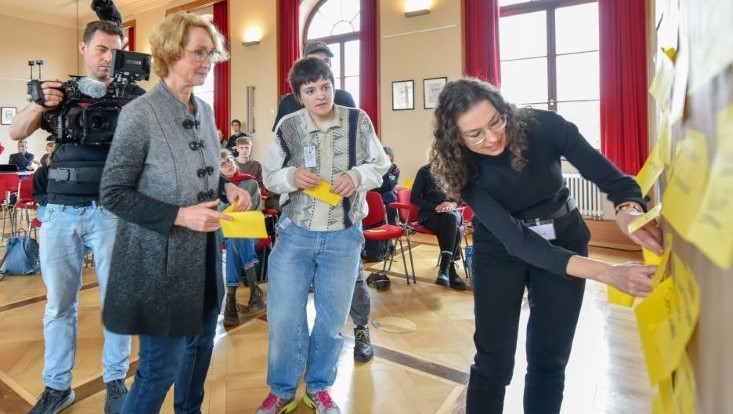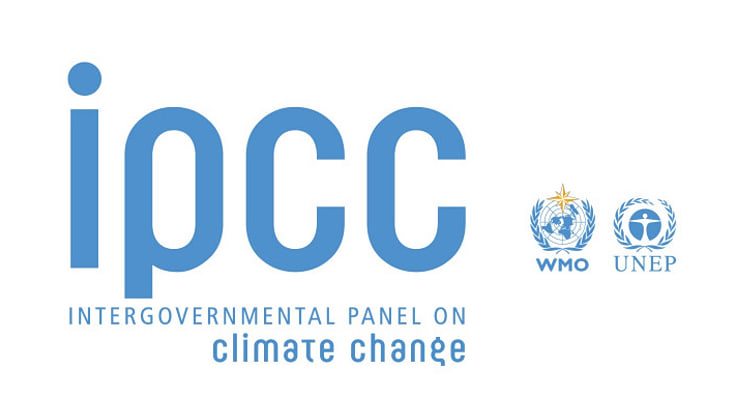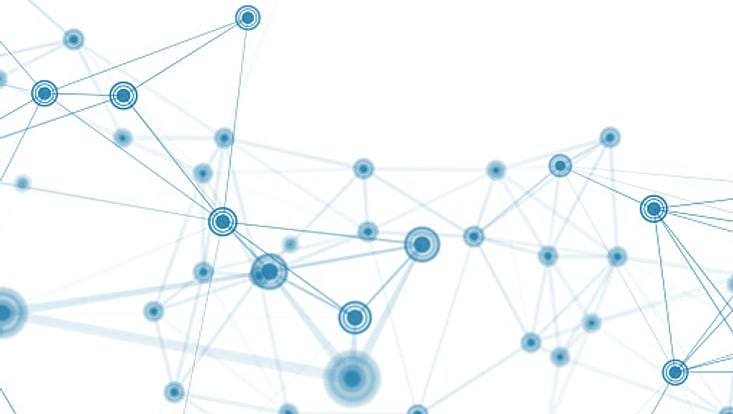Visions for life and land use in 2070
22 April 2024, by Uwe Schneider

Photo: Luisa Gensch
Luisa Gensch, a PhD student at the FNK, was invited to the National Academy of Sciences Leopoldina in Halle from the 3rd to the 7th of April, 2024 together with 30 other young people from all over Germany as part of the Zukunftswerkstatt Landwende. There, they worked together to create positive future scenarios for 2070 and worked out how they could achieve them. The particular focus was on the question of how the "trilemma" of land use (food security, biodiversity protection, climate protection) can be resolved and how land use in the future should look like. An exciting aspect of the project was the multi-perspective approach, as the participants came from different disciplines such as ethics, medicine, agriculture, economics, forestry, biology, political science and education and thus had a broad awareness of the problem.

The Zukunftswerkstatt was accompanied and supported by the Fraunhofer Institute for Systems and Innovation Research ISI and scientists from various disciplines, for example Katrin Böhning-Gaese (Biology, Biodiversity, Macroecology; Director of the Senckenberg Biodiversity and Climate Research Center), Hermine Mitter (Climate Economics and Agricultural Sociology; Institute for Sustainable Economic Development, Universität für Bodenkultur Wien), Amelie Michalke (Industrial Engineering; Research Associate at the Chair of Sustainability Science and Applied Geography, University of Greifswald), Bartosz Bartkowski (Environmental Economics; Helmholtz Center for Environmental Research), Thomas Potthast (Biology and Philosophy; Professor of Ethics, Theory and History of Biosciences, University of Tübingen).

The concrete results were 11 core messages and visions of how the participants would like to live in 2070, for example with regard to food, agriculture, forestry and community.
The Zukunftswerkstatt was accompanied by a film team from Sterntaucher Filmproduktion and the Mitteldeutsche Zeitung newspaper. In addition to photo and video material, a graphic novel of their visions is being created. The results will be presented in Berlin in the fall at the invitation of relevant politicians and ministries, and a documentation of the process will celebrate its premiere. The project has formed a group that engages in sustained dialog with society, politics and science in order to promote positive visions and facilitate change.



